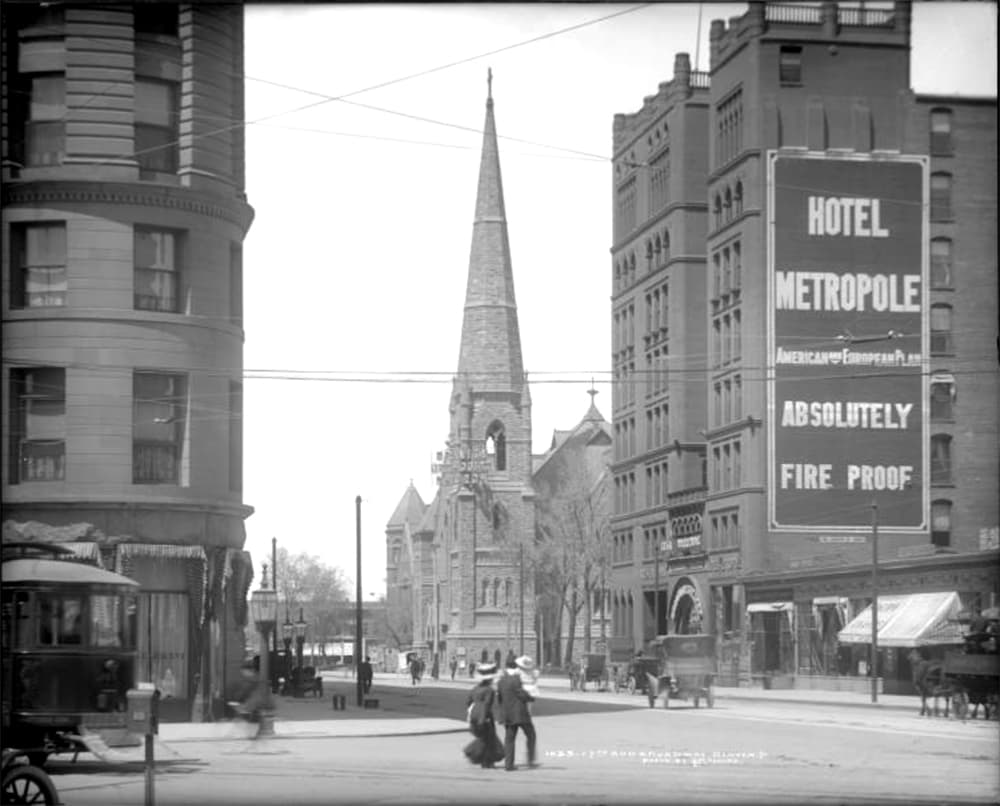Hey! It's the end of the first week of the year. Remember, this was only a warmup for your resolutions. But, seriously, you have to do them next week. Today's news roundup is a really interesting one, including popular/unpopular schools, the recycling problem, a Stapleton slowdown, the Colorado Rockies and bunches more.

The most and least popular public schools in Denver:
Chalkbeat tracks which schools students are leaving, and where they want to go. (Chalkbeat)
The apartment building recycling problem:
Megan dug into one of the biggest reasons Denver stinks at recycling: Apartments don't have to do it. (Denverite)
I-25 embiggening:
State officials are expected to accelerate the widening of Interstate 25 from just south of Denver through to Monument. (Gazette)
High hopes for the Rockies:
Jim Bowden says the hometown boys are "primed to be the surprise team in the National League," with a chance of making the playoffs for the first time since 2009, mostly on the strength of the Bud Black hire. (ESPN)
Frontier to go public?
The Denver-based budget airline reportedly has hired three banks to help it become a publicly traded company. (NYT)
Stapleton slowdown:
The mall/neighborhood sold significantly fewer homes in 2016. Management says it's not a lack of demand, instead blaming "longer local government approval times and labor shortages." (DP)
Lafayette considers allowing civil disobedience:
The city council is looking at an ordinance that would "legalize non-violent direct action protests — such acts can include sit-ins, strikes, workplace occupations or blockades." It appears to be a response to fracking. (Daily Camera)
Environmental impacts:
New government studies find no indication of an overall cancer risk near the former Rocky Flats nuclear weapons plant, and also acceptable levels of pollution from the I-70 widening proposal. Questions remain. (Denverite)
More:
- Seven companies hiring in 2017 (BuiltIn)
- "Guns, Balloons And Horses: Inside The Hottest Sport Coming To The Stock Show" (CPR)
- The train to Winter Park is still selling tickets for its debut this weekend (Denverite)













